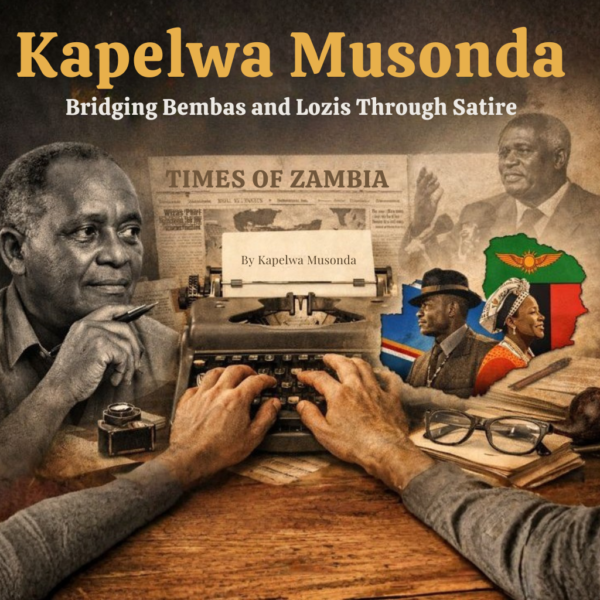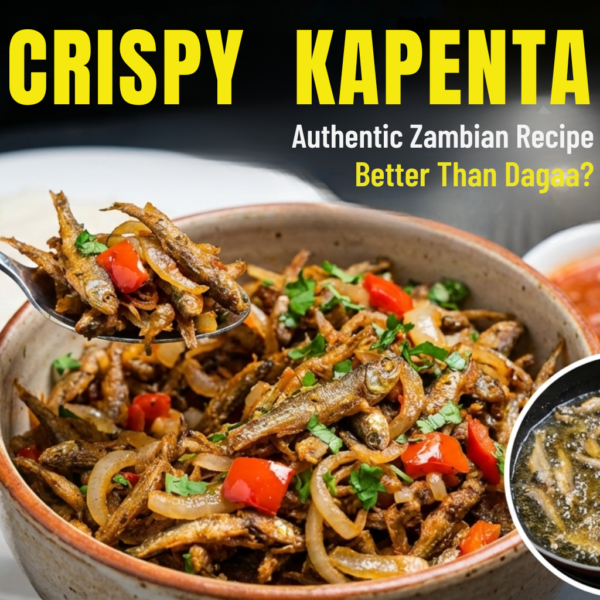
What Happens When You Die?
The internet is rapidly changing the way we live and do business. The pace of change is so fast that it leaves us little time to think, let alone debate the issues that arise. Brand new services have been created. Regulatory rules and laws are still lagging behind the rapid technological changes.
Have you heard about the guy who keeps telling his friends that he prefers his money to remain in digital format? That is his preferred way of saying he is broke because his salary went directly from his account to his debtors. New terms have been introduced into our everday conversation.
In the past, when someone died, the grieving relatives would reach under the bed and pull out a biscuit tin or suitcase. This contained the precious belongings of the deceased. These included old photos, letters, legal documents and in some cases, cash. When a will is in place, the administrator gets clear guidance on the redistribution of their estate.
People left behind their whole library of books to their family and friends. When a man died, the wife could keep his record collection and books. These days, a widely read person who has bought hundreds of books on Amazon Kindle will not be able to leave them for their inheritors. Only the person who bought them has the right to read them. The same applies to listening to their music collection on iTunes. It turns out that what you buy is not the digital song or digital book but a license to use them. You are not allowed to lend or hire out the licence. In other words, what the contract says is that you do not own the digital songs or books. You are merely renting them and you cannot transfer the contract to someone else on your death. There is no negotiation at the time of purchase. It is on a take it or leave it basis. The vendor also reserves the right to change the contract whenever they wish. If you chose to opt out later, there is no refund down the line.
Internet based Video games have also gone down the same licensing route. Whereas before you could sell your video game catridge on the second hand market and get some money back, now you cannot resell your licence when you lose interest in your game.
We have other digital assets such as Facebook, Twitter, Flickr, Emails, LinkedIn, MySpace, MyHeritage (Family Tree), videos and documents and photos stored in the Cloud. What happens to all these when you die? Will there be a screen on your tombstone where those who wish to remember you will come and browse your tweets and look at your Facebook photos?
While the administration process for money and physical property has been practiced for ages, that of digital inheritance is patchy at best and non-existent in most cases. It is therefore reassuring to see a tide of discussion growing around this topic. Buyers are expressing their opinions, lawyers are sharing their ideas and vendors are beginning to provide answers to some of the questions.
Google has introduced an Inactive Account Manager in the Setup. It now allows you to specify whether you want your inactive accounts deleted or handed over to the people you specify.
Facebook has a memorialization procedure for freezing a Facebook account while allowing loved ones to access the content.
It will take time before other service providers catch up with the leaders and countries enact laws that address modern issues in detail. In the meantime, people have to do the best they can to smooth the transition.
One solution is to write down all your passwords to your different accounts and hand the list to your lawyer who will handle your estate.
You can backup all your digital data to a smart drive or DVDs and provide instructions in your will regarding who should take possession of these on your demise. You have to be aware of the licence restrictions you signed up to.
If you subscribe to a Password Management program like RoboForm, then you could provide the master password and the inheritor will be able to access your complete list of passwords.
Advisory services and digital estate management sites now exist to help a smooth transition of digital assets. Examples are DeadSoci.al, LivesOn, IfIDie, Death Switch, Legacy Locker, and Great Goodbye.
Whatever solution you opt for, you are part of the current changes and your opinion matters. Next time you buy digital content, check the small print to find out what it is exactly that you are signing up to.
____________
Share your thoughts with us. Leave your comments below.
____________


I am one of those people who think a lot about my eventual death in a positive way. I enjoyed reading this article very much. As a writer, I wish I had written the article!
I was just from watching a “bbcclick” video on the subject of death and the internet. I found this article on Kitweonline very relevant, informative and well presented.
JK,
Thanks for sharing your thoughts.